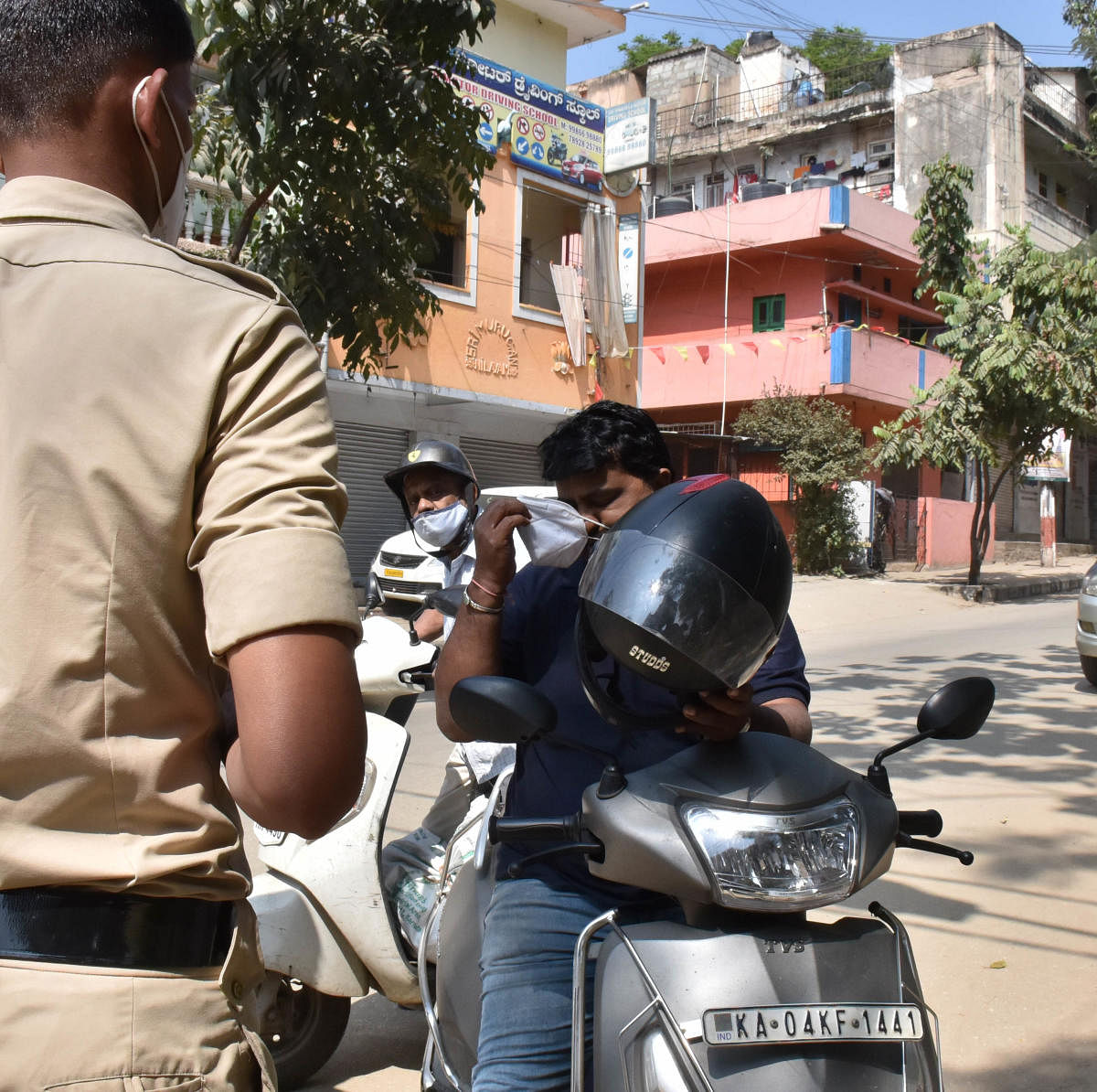The Karnataka police force is in the news for all the wrong reasons these days, especially after two constables posted at Chief Minister Basavaraj Bommai’s residence were arrested for peddling drugs while on duty. It is not that the state police boasts a stellar track record, but their reputation has sunk to abysmal depths of late with corruption, casteism, insubordination and indiscipline taking centre stage.
Some time ago, the chief minister publicly blasted IPS officers for employing brokers to strike deals, while in a video that went viral, Home Minister Araga Jnanendra said the entire system was rotten with police personnel “accepting money from culprits and sleeping like dogs”. These statements indeed reflect the current state of the Karnataka police. A case in point is the CBI inquiry against a senior officer who was accused of lobbying with a tout to get himself appointed as the police commissioner.
This downslide began in the 1980s when then Chief Minister Ramakrishna Hegde ordered that MLAs should have a say in the posting of police officers to their constituencies. While during those days elected representatives usually vied with each other to get upright officers posted, over the years, extraneous considerations like caste and corruption took over. At the district level, Superintendents of Police (SP) are helpless and are often unable to discipline errant officers whose acts of omission and commission are backed by local MLAs. With the chain of command broken, effective policing has suffered as officers on the ground are more loyal to their political masters, than to their superiors.
It is an open secret that the amount to be paid as the bribe depends on how “lucrative” the police station is. In the Central Business District (CBD) or commercial areas of Bengaluru, an inspector’s post could cost Rs 50-70 lakh or even more. While this malaise was earlier confined only to the lower echelons, somewhere down the line it spread to the IPS cadre too with some plum posts commanding a couple of crores.
With the exception of the DGP who enjoys a minimum tenure of two years, other officers are usually transferred at the end of one year. Thus, they are under constant pressure to recover the “investment” along with “profit” before their term ends while policing takes the backseat. Often, at the end of the year, the incumbent is asked to pay a “top-up” to continue in the post or to pave way for another officer who is ready to offer a higher sum. Honest officers who refuse to pay are usually shunted to “non-executive posts” where there is little or no “income”.
While the Police Establishment Board which is supposed to govern postings of officers up to the level of Deputy Superintendents of Police (DySP) has remained dormant, transfers of IPS officers are effected directly by the government without even the knowledge, forget the consent of, the DGP.
It takes at least six months for officers to fully understand their jurisdiction and the short tenures have a direct impact on intelligence gathering, crime investigation and law and order. Many officers would rather utilise this time to cultivate and benefit from anti-social elements, financiers and land grabbers, besides acting as mediators in civil disputes. This was openly acknowledged by Bengaluru Police Commissioner Kamal Pant, a no-nonsense cop, when he warned officers who warm up to history shelters, with stern action. But the rot runs so deep that there is a limit to how far the commissioner can go.
Hard to find
There was a time when the police force could brag of inspectors (later promoted) like Abdul Azeem, B B Ashok Kumar, G A Bawa, M K Ganapathy, Lava Kumar, M A Saudagar, Sangram Singh and B K Shivaram who had brought the underworld to its knees. Such officers are hard to find these days, though there may be many who portray themselves as real-life ‘Singhams’ on social media.
While one of the low points of the police was the Rasheed murder case in the 1980s when several officers were arrested for conspiring in the killing of a lawyer allegedly at the behest of the then home minister, another infamous case was that of a DCP who fatally assaulted an employee of Vikrant Tyres in Mysuru in 1991 for “staring” at his wife at a swimming pool. Then on, there has been no looking back. Be it a police officer of the anti-graft body Lokayukta being arrested in 2015 on charges of extorting money from government officers after threatening them with raids or an ACP and his gang of four subordinates turning dacoits to rob a Kerala-based jeweller who was visiting the state in 2002, the list of criminal activities by the men in uniform is long.
Political patronage and meddling have led to a situation where rogue elements thrive with impunity within the police force.
This is what emboldens the sub-inspector who beats up a Dalit in custody and makes him drink the urine of another accused when he asks for water; the officer who forces an innocent person to consume marijuana and then books him under a drugs offence for refusing to pay a bribe; the station house officer who propositions a woman when she goes to the police station to register a complaint and then files a false FIR against her when she resists his advances; or even the beat constable who openly collects a “hafta” from petty shops, just like a local rowdy.
The failure of successive governments to implement the recommendations of various commissions on police reforms and the undue political interference in postings and day-to-day affairs, coupled with the continued failure of the top brass to stand up against the illegal diktats of politicians, have together contributed to this decay. Unless this unholy nexus between khadi and khaki is broken, there is no hope for the police department or for the people of the state.
(The writer is a senior journalist)
